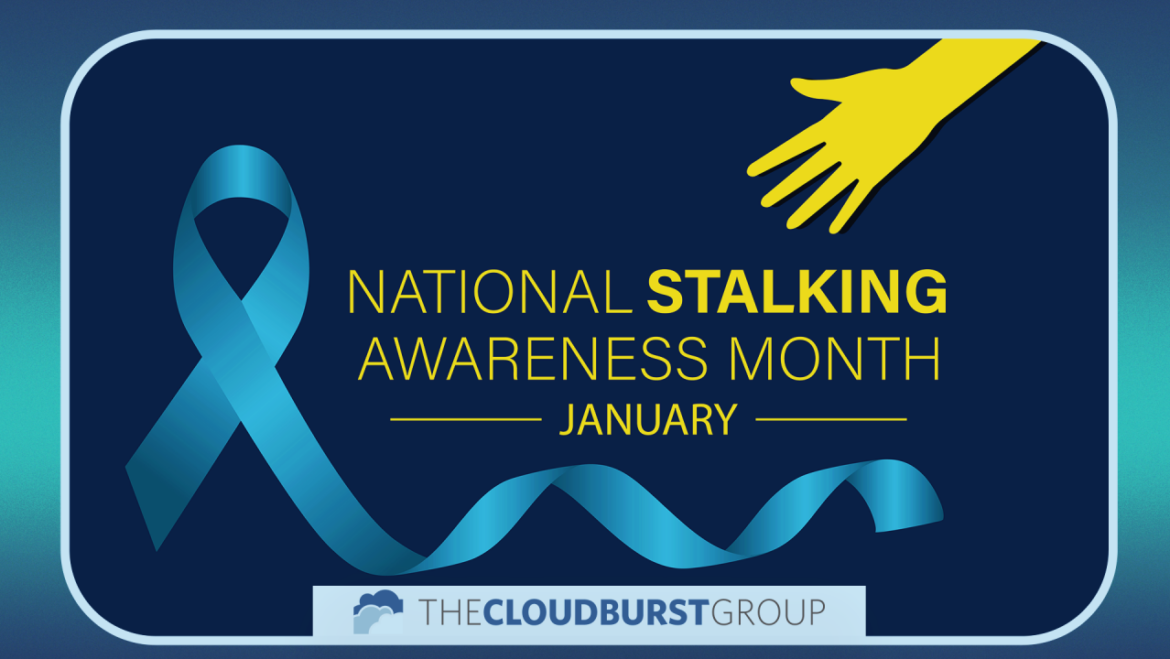January 2024 marks the 20th anniversary of National Stalking Awareness Month. The 2022 reauthorization of the Violence against Women Act (VAWA) included important provisions to address digital abuse and cyberstalking.
According to the Stalking Prevention, Awareness, and Resource Center (SPARC):
- 40% of stalkers are current or former intimate partners.
- Nearly one in three women stalked by an intimate partner were also sexually assaulted by that partner.
- 80% of stalking victims report being stalked through technology.
- Stalking behaviors can impact a victim’s ability to maintain employment and safe housing.
- Anyone, no matter their gender identity, can experience stalking.
How Does the Violence Against Women Act (VAWA) Address Stalking?
VAWA raised the visibility of stalking as a national issue by including it in the definition of violence against women along with domestic violence, sexual assault, and dating violence. VAWA defines stalking as engaging in conduct directed at a specific person that would cause a reasonable person to fear for his or her safety or the safety of others or to suffer substantial emotional distress.
The 2022 reauthorization of VAWA, now recognizes technological abuse and includes additional provisions to address these harms. Resources have been allocated to better support state, tribal, and local law enforcement, prosecutors, and judicial personnel. The Department of Justice’s (DOJ’s) Office on Violence Against Women (OVW) is working to establish the National Resource Center on Cybercrimes Against Individuals. OVW also intends to launch a technical assistance project on the prosecution and investigation of online abuse and harassment.
Cyberstalking and online harassment are also key priorities identified in the new National Action Plan to End Gender-Based Violence released in May 2023. In this plan, the DOJ will develop a national strategy to prevent and address cybercrimes against individuals including addressing cyberstalking and the non-consensual distribution of intimate images of adults.
How Can Your Organization Support Stalking Survivors?
- Connect with your local victim service provider to schedule trauma-informed gender-based violence training, including current local, state, and federal stalking laws.
- Distribute materials and hang posters that educate clients and residents about stalking. Check out SPARC for the latest information.
- Review resources from the National Center for Victims of Crime’s and DOJ’s Stalking Resource Center and the National Network to End Domestic Violence Safety Net Project for training and technical assistance.

